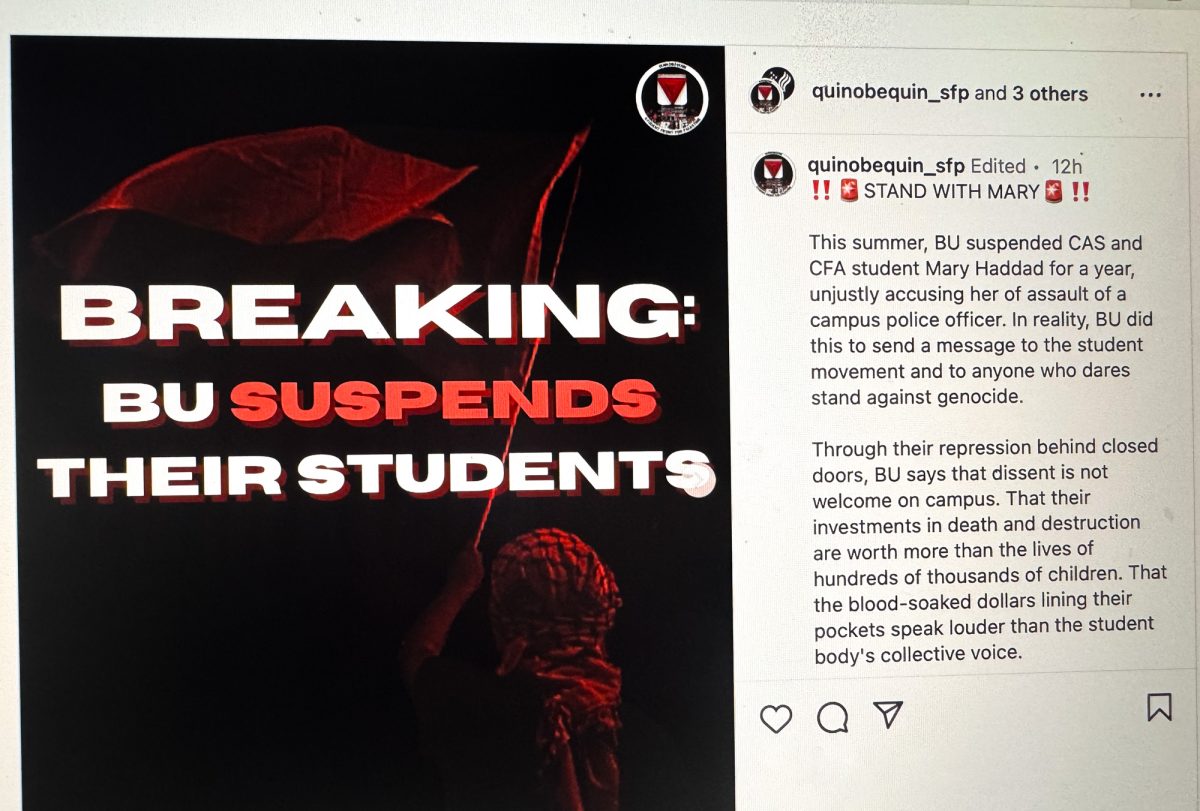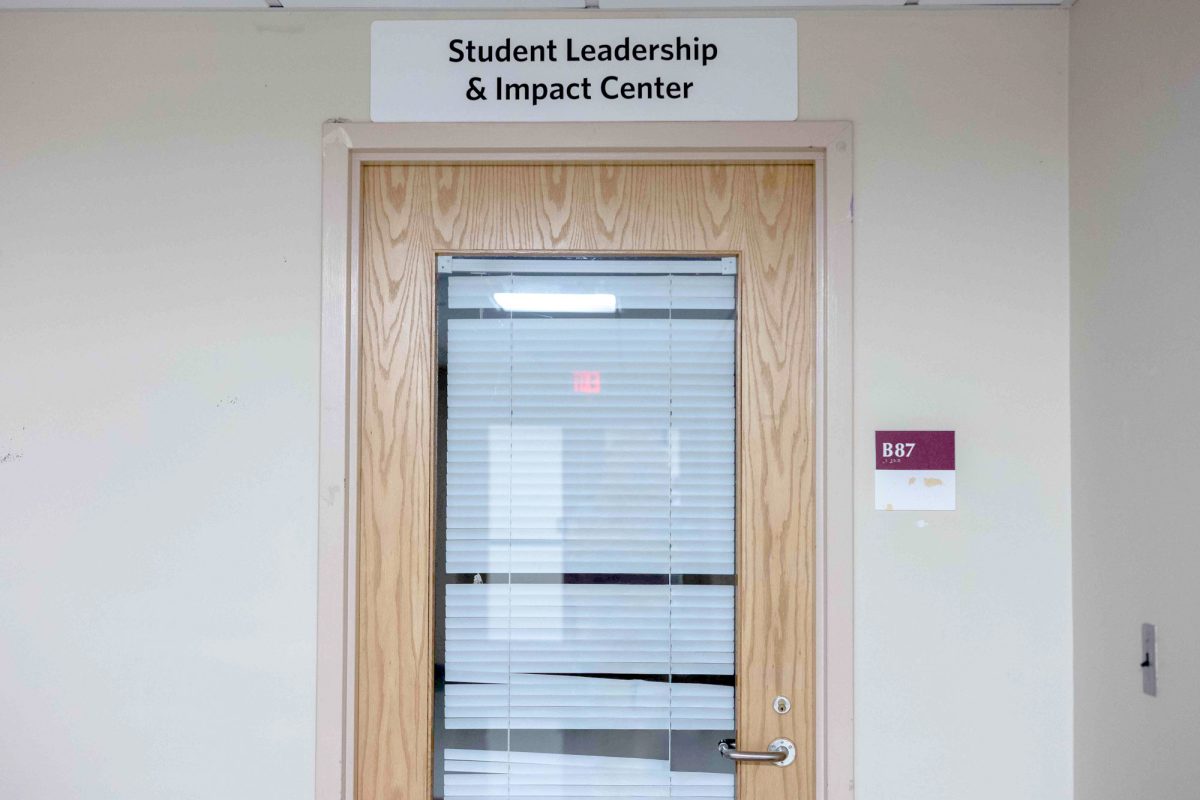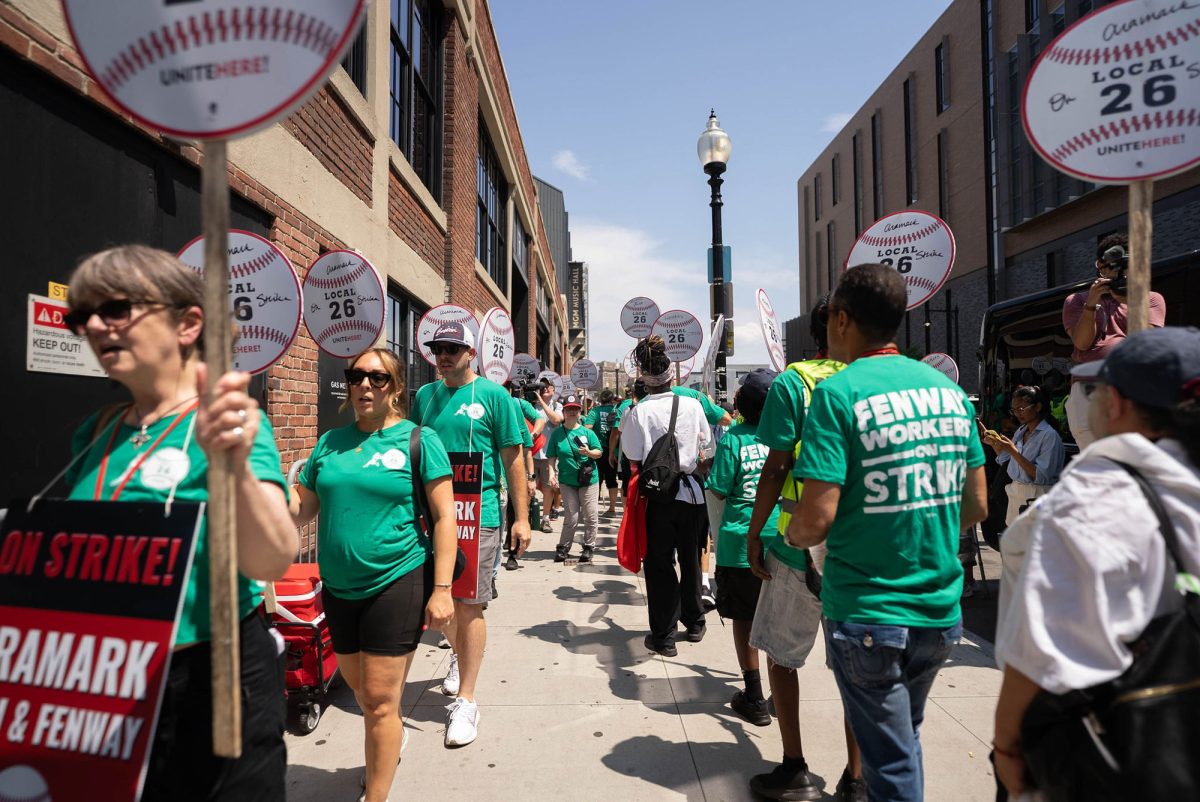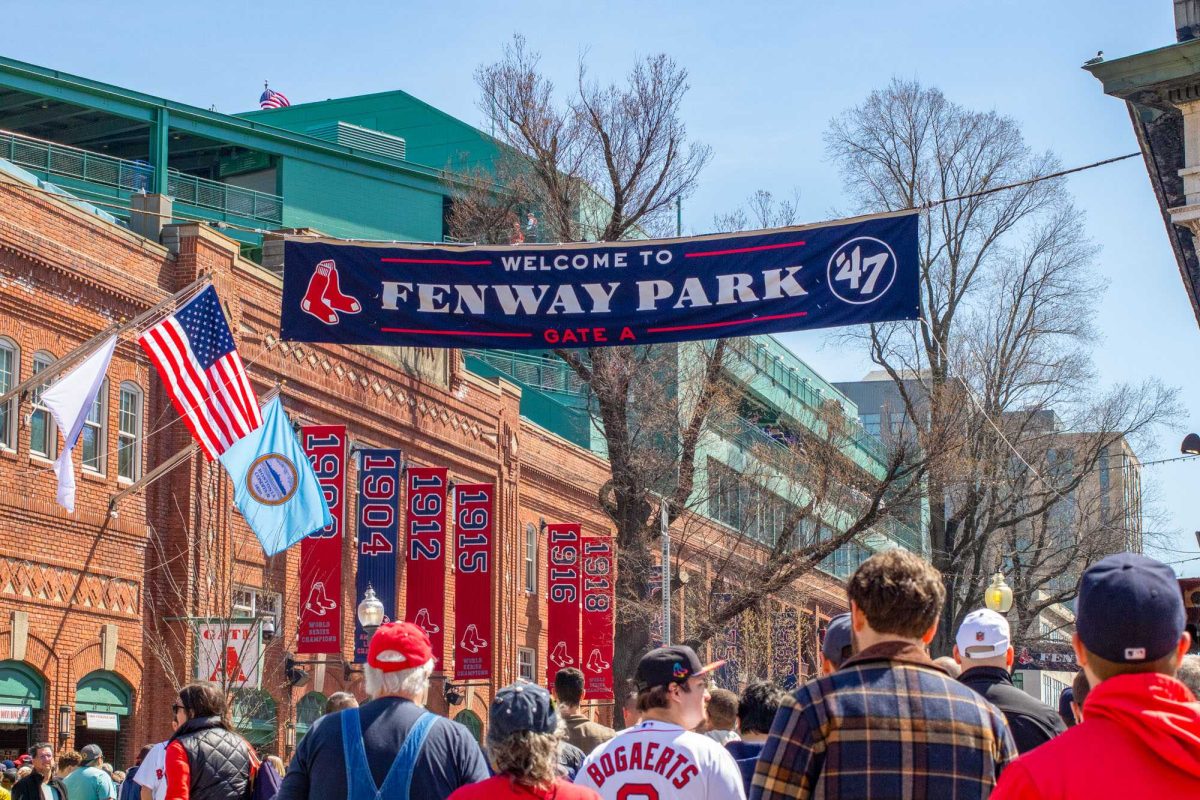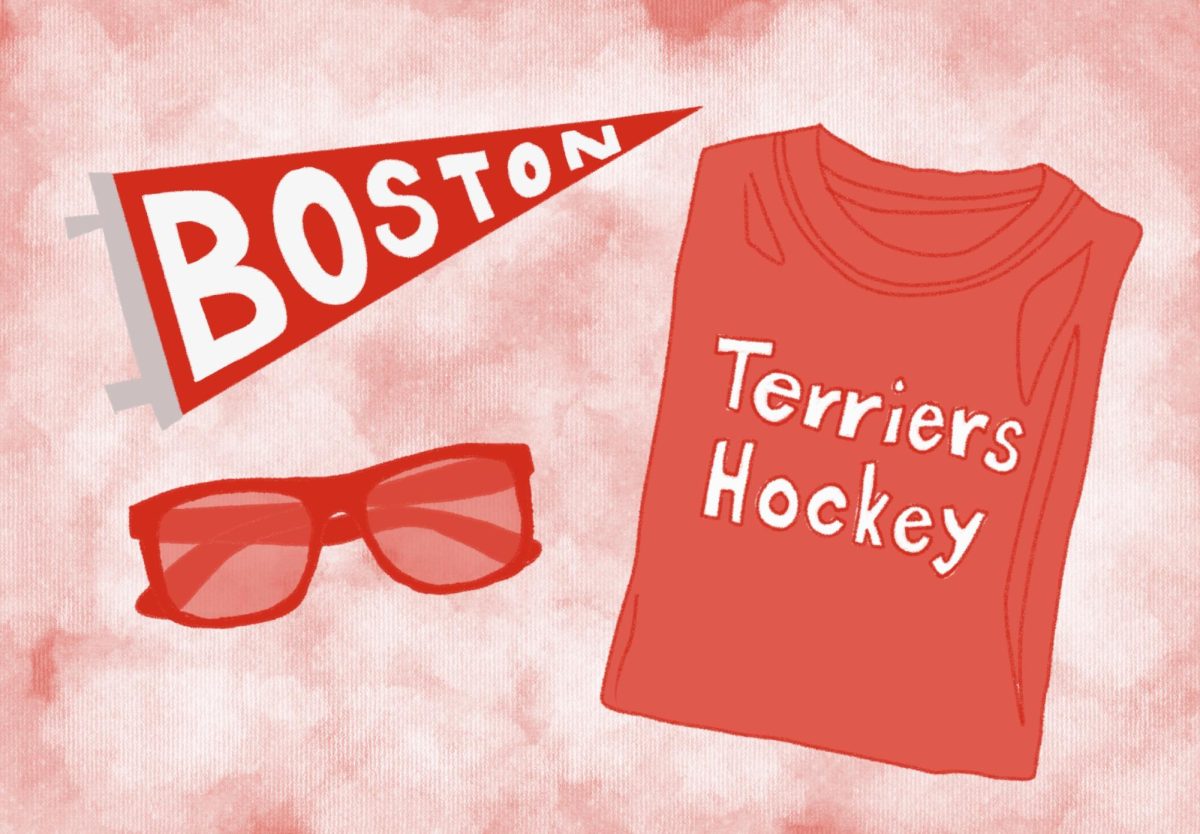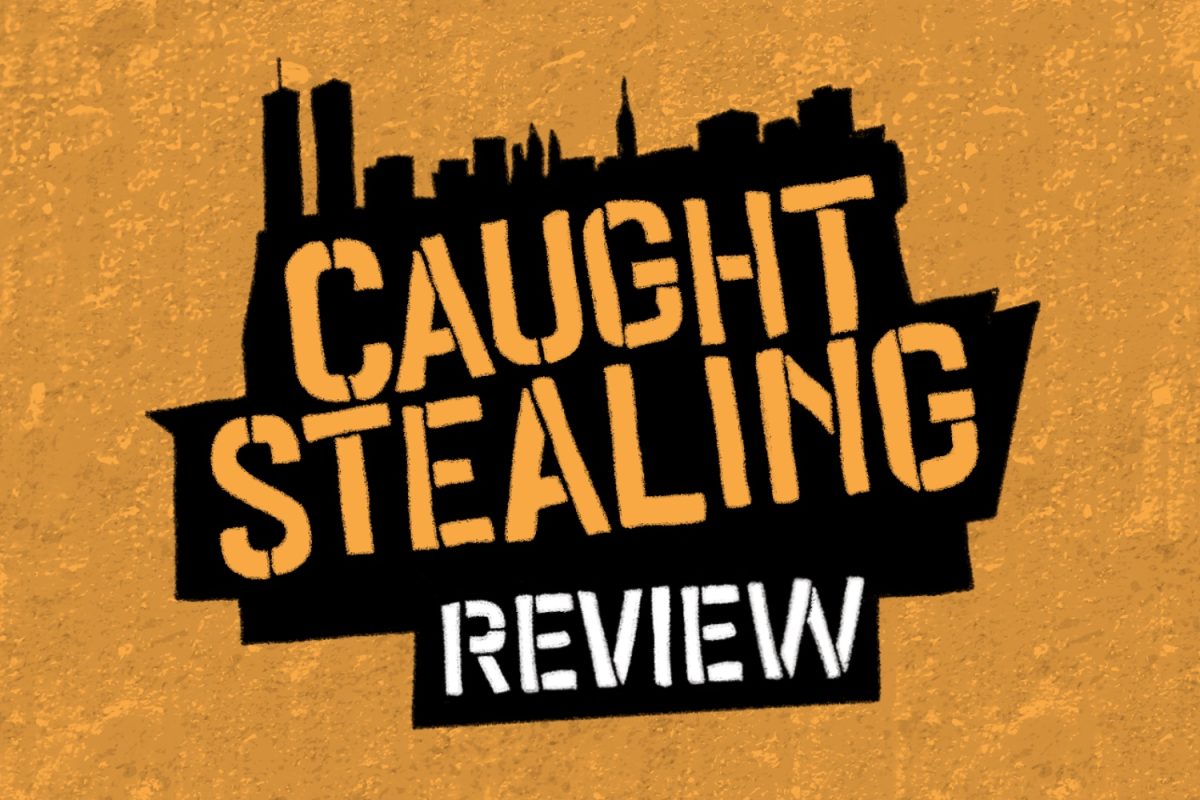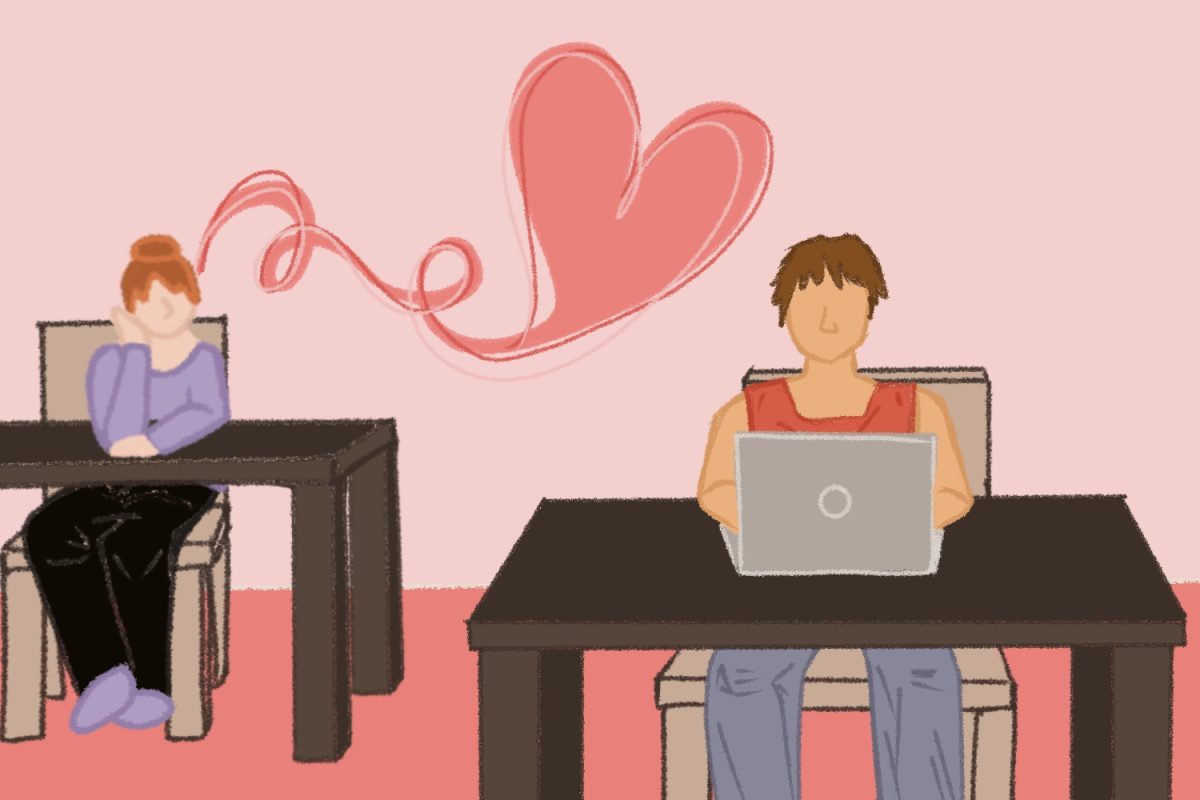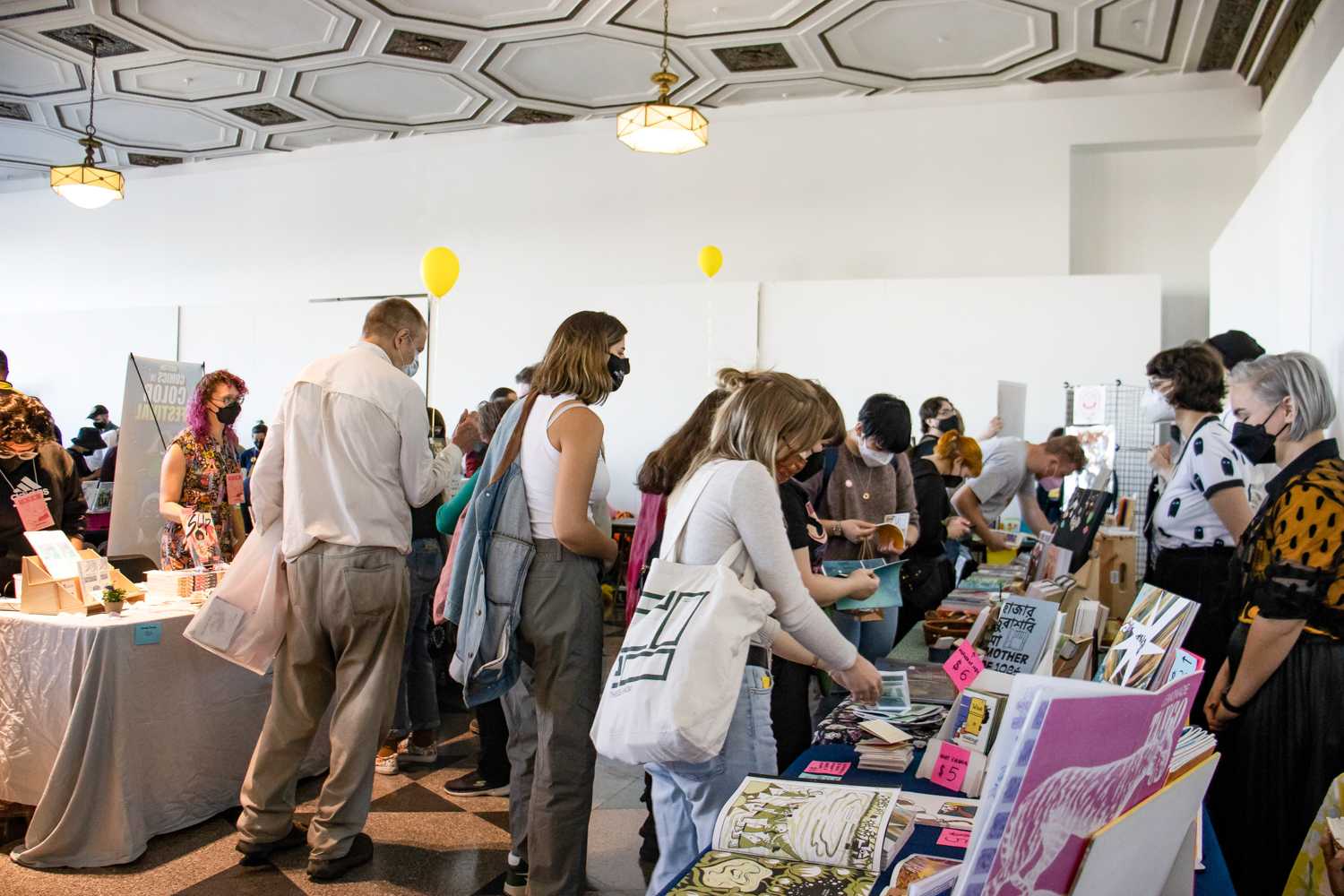
A Massachusetts comic expo attracted travelers and Boston University community members alike last weekend at its annual free exhibition, which featured independent vendors, panels and workshops on the craft of comic making.
Attendees and comic sellers saw the Massachusetts Independent Comic Expo, or MICE, produced by the Boston Comic Arts Foundation, a non-profit arts organization, in BU’s Fuller Building at 808 Commonwealth Avenue for the first time over the weekend.
Zachary Clemente, the outreach co-director of MICE, said the expo was held at Lesley University for 10 years, but the organizers had been looking for a new, larger venue. BU’s School of Visual Arts and Art Galleries hosted the event.
“Serendipitously, this year, BU launched a master’s program in visual narrative … run by Joel Christian Gill, who is a longtime friend of the show and local cartoonist, and he basically lassoed us and said ‘come on down,’” Clemente said.
Tom Lake, creator of Yum Po Yo Comics, said he came to MICE first as an attendee and then applied to showcase his work at the expo when he had only one comic book published.
“It’s really cool to be back and see everything post-pandemic and to have a lot more material to tell,” he said.
As part of the expo, Clemente said the MICE team organizes panels and workshops for attendees.
“MICE is all about celebrating the craft in making comics,” he said. “We really are intent on making sure we have good panels to discuss all kinds of topics and then workshops to really encourage people to learn about the different parts of comics making.”
Carin Carrion, a Rhode Island School of Design student who traveled to MICE, said it is “refreshing to see lots of artists”
“I really love exploring narrative work, so that’s been really fun, but I just love learning from everyone’s different formats and art styles,” they said.
Carrion said he planned on attending Sunday’s Spotlight on Puerto Rican Comics panel.
“I would really love to talk with the artists and their experiences,” they said. “I’m half Puerto Rican so … navigating storytelling and reconnecting with my culture has been a journey.”
Rosa Colón, co-creator of Soda Pop Comics and a Spotlight on Puerto Rican Comics panelist, said she has worked with MICE before and “loves returning to it.”
“I get to see all the artists that I follow online and I get to experience another comic scene,” she said. “I end up being so inspired, and a little bit frustrated, but mostly inspired because then when you leave the comic expo, you want to do so many different things.”
Colón has moved from fiction to now flash journalism — the incorporation of animations into journalism articles — in her comics since beginning to publish with a friend in 2016.
“It’s mostly about Puerto Rico and what’s happening there, but in a way that I teach myself things and I teach other people things if they read it,” she said.
Colón said she enjoyed comics for a long time before she realized in adulthood their art potential.
“I kind of fell into comics,” Colón said. “Even though I was reading them for so long, I realized as an adult that I could actually do them myself.”
Clemente said he wants attendees to know they can make comics too.
“It’s so easy to jump in, it’s so easy to learn about comics,” he said. “I love how accessible it is.”
Clemente said he was “surprised” at how well the first day of this year’s expo went considering the new space and being short of staff.
“This is all volunteer, all of us who work on staff, we have day jobs, we have other things we do,” he said. “This is what we do out of passion and love for cartoonists, comics and the craft itself.”
MICE partners with universities because it helps both parties, and as an event run by a nonprofit, there is not a lot of money to spend on venues, Clemente said.
“Working with academic institutions like BU or other universities, usually we can negotiate an excellent venue rate because we are also bringing a lot of arts and culture to their schools,” he said.
Clemente said comic making is a celebration-worthy art medium and extends beyond the superhero comics many people associate it with.
“There are so many wonderful stories and it’s such a rich history of arts and activism and resistance within comics,” Clemente said.

